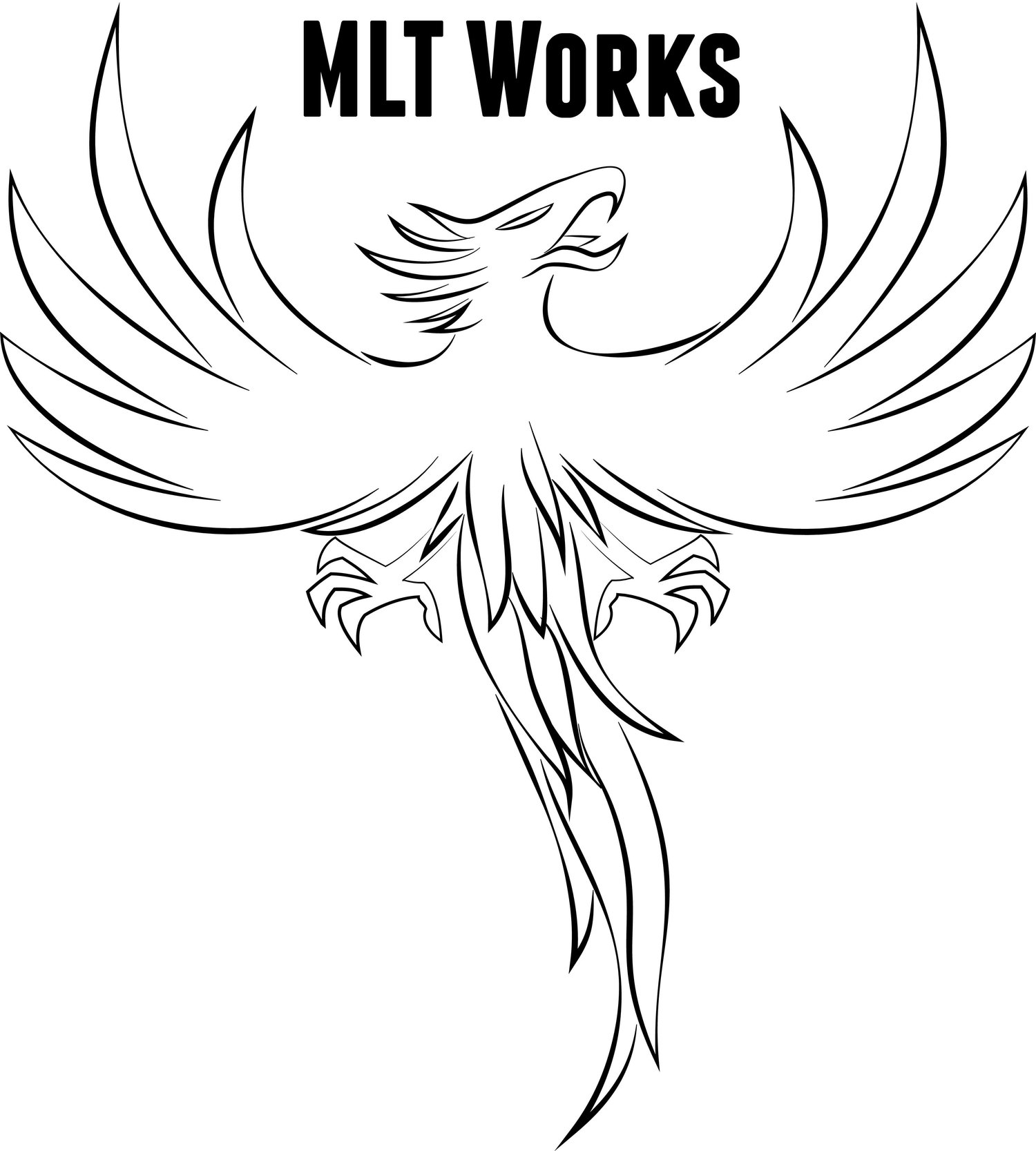Learning from Failure: Lessons from Endgame
One of the big moves in education recently has been the idea of growth mindset, the idea that failure is not a bad thing when we learn from it. As I watched Avengers: Endgame, I couldn’t help but notice how this same idea was prevalent throughout the film. Each character is dealing with their failure in Infinity War, many of them in a negative fashion. When looking at themes of the story, this idea of learning from failure stands out as a predominant idea in the movie.
We’ll start with Thor. Thor has encountered minor failures before, but never on this grand of a scale. The god of thunder is usually one of the big guns that comes in to clean things up when others can’t handle it. He seems to play this same role in Infinity War when he arrives in Wakanda and destroys everyone with his new battle ax, Stormbreaker. Stormbreaker even overpowers Thanos’s use of the Infinite Gauntlet, and Thor would have been that savior of the universe had he “gone for the head”.
Thor corrects his mistake at the beginning of Endgame, but it’s too late. Thanos has already destroyed the Infinite Stones, rendering any attempt to reverse The Snap useless. Over the next five years, Thor slumps into depression and alcohol abuse. He can’t cope with his failure and takes a really negative turn. He spends his days threatening Fortnite gamers, going from god of thunder to The Dude of thunder.
Black Widow takes a different route, albeit still pretty negative. Since Nick Fury and Maria Hill have been dusted, Black Widow takes over command of what’s left of SHIELD. She buries herself in work and attempts to cope with her failure through preventing future failures. When we catch up with her, she’s directing various members on their missions, not even stopping to eat meals. Neglecting to stop and process everything that’s happened, Romanoff distracts herself by working around the clock.
Widow’s long-time partner, Hawkeye, takes a similar but much darker turn. Endgame opens with Clint Barton enjoying a picnic with his family at their homestead. Barton turns for a second, and when he turns back around, they’ve all vanished. All of them dusted. It’s not fair. He loses his entire family. When we next see him, we find that he’s turned into a rogue vigilante, Ronan, who hunts down crime lords. It’s not fair, he reasons, that his entire family has disappeared, and all of these criminals have been left to pillage the world like vultures. The Snap makes him snap. He goes rogue, killing whomever he can find in an attempt to gain vengeance. Similar to Romanoff, Barton tries to bury his grief with what he deems as justice, but it becomes an obsession.
While all of these folks are off fighting their various wars, Tony Stark is living peacefully in a cabin by a lake. We find that he has married Pepper, and they have a young daughter, Morgan. Stark has simply withdrawn. He wants nothing more to do with this superhero business. Except that he’s Tony Stark, and he is obsessed with righting wrongs. When presented with a possible solution, Stark refuses to rejoin the Avengers, but we all knew that wouldn’t last long. He can’t simply withdraw. It’s not in his DNA. He stays up late into the night, obsessing over solutions until he finds one.
In a similar fashion to Stark, Bruce Banner has also disappeared off the radar. He is, however, actually using all of this time to find some internal balance. Ever since his transformation into Hulk, Banner has been fighting an internal battle. Banner understands though Hulks refusal to fight in Infinity War that the two of them have to work out their issues. When Banner shows back up in Endgame, we find that they have, in fact, worked out their differences, and Professor Hulk is the balance between the muscles and the mind. Because of his failure in Infinity War, Banner is actually able to learn from it and use it in a positive way.
Another character who actually gives us a positive look at learning from failure is Captain America. Steve Rogers has been through this before, losing everything that’s important. Perhaps that’s why he seems to be the most well-adjusted character after The Snap. He’s shaved off the Nomad beard and returned to much of the optimistic Captain America that we’re used to seeing, except that he’s much wiser than before. Clean-cut Cap is leading a therapy group to help others deal with post-Snap trauma.
Several characters embody the negative ways that we often deal with failure. Thor suffers from depression and copes through alcohol abuse. Black Widow buries herself with work. Hawkeye turns dark and essentially gives in to evil. Tony Stark simply withdraws and ignores what’s going on. They don’t stay there, though. Thor’s conversation with his mother snaps him out of his depression. Black Widow and Hawkeye team up again and become each other's awakening. Pepper tells Tony that he’s never going to be okay with hiding, and he rejoins the other Avengers.
All in all, Endgame shows us that we all have our own ways of coping with failure, but we can’t stay there. We can’t wallow in the negative. Otherwise, we end up suffering even more. It’s not until with accept failure for what it is, and learn from it, that we can progress forward in life. Many times, when we do that, we come out better on the other side.
